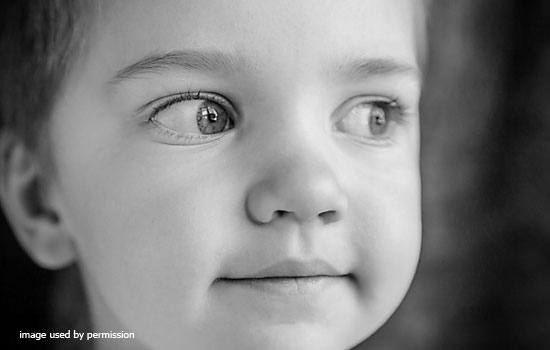
Spend some time around young children, and you’ll quickly realize how interested they are in the human body. They’re extremely observant and love to compare and contrast noses, ears, eyelashes, fingers, and toes, pointing out every little difference from size to color. My four-year-old nephew is fascinated with my beard. Every time we’re together, he asks why I have “whiskers,” and wants to know why he doesn’t. What children like my nephew may not realize is why each person is so different.
All people are valuable because God made every one of them in His image (Genesis 1:26). Each person’s differing characteristics show the vastness of God’s creative genius (Ps. 139:13–16). Children love to ask “why” questions all the time, and you might be surprised how often the Bible has an answer that is easier and better than “it just is.” I’ve found that it’s never too early to begin shaping a worldview that has the Bible as its foundation.
Using Scripture as the basis for lessons for young children
As homeschool parents, you have a unique opportunity to point out God’s goodness to children starting at a young age by basing academic lessons on the Bible. As an example, let’s look at elementary science. The human body is a topic typically covered in Grade 1. First graders are given a basic overview of the human body, the functions of its main parts, and basic tips on how to care for it. Integrating the Bible into a lesson like this isn’t that difficult, and our homeschool textbooks do a good job of this.
The Bible says that God created every part of us for a purpose (Job 10:11–12). As you work through the parts of the human body, talk with your children about His purpose for each. God knew that we would need to be able to chew food, so He designed our teeth. Our fingers allow us to pick things up. Some children are born with differences. They might be missing parts that others have. Use the Bible to talk with them about God’s special plan for them and their special differences (John 9:2–7, Romans 5:3–5, Exodus 4:11, Jeremiah 29:11).
Why caring for our bodies is important
Teaching your children to care for their bodies (proper washing, toothbrushing/flossing, doctors’ visits) is not always easy. These everyday tasks are often seen by children as interruptions in their play time, and it can be difficult to convey the value of these things. Ask your children what they would do if God loaned them something special that He had designed. Would they take good care of it? Tell them that their bodies belong to the Lord (1 Corinthians 6:19–20), and that includes every part, for example, their teeth. Remind them that they need to take good care of their teeth because they belong to God and are part of His plan.
Let’s try another example, the yearly eye exam. Young children don’t always understand the importance of checking the health of their eyes, but something they generally do understand is that God wants us to do things that the Bible says are good. Ask them to notice how we see everything in color. How would life be different in black and white? Remind them that God wants us to be able to appreciate the beauty of His world (Psalm 19:1), and having healthy eyes is very important to being able to do what God wants. This approach can be used to talk about any doctor’s visit and may alleviate a lot of anxiety as well.
Bible integration doesn’t have to be a scary concept. It can be a simple process of making Scripture your starting point and developing lessons with a little creativity and awareness of your child’s natural curiosities. So the next time your child asks you why something is the way it is or why he has to do something, check the Bible first. It has the answers he needs to know.